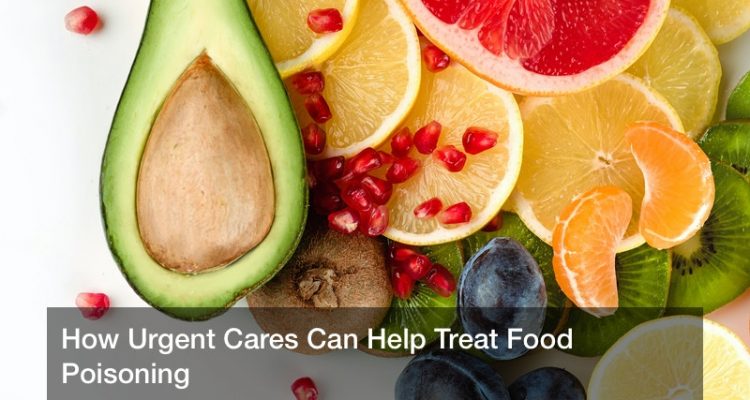
Picture this: You’re out at a local eatery that just opened. You’ve heard good things about this place, the food looks good and you’re excited to try it. You get your food, you enjoy your meal and head home. But then the symptoms kick in: the feeling of nausea, stomach cramps, the urge to vomit and sudden urges to find a bathroom as quickly as possible. You may also experience chills, bloating, fatigue and other symptoms.
Bottom line: you’ve got food poisoning and you need medical treatment as soon as possible. It’s estimated that up to 48 million Americans experience food poisoning every year and roughly 3,000 people die from foodborne illness annually. Thankfully in most cases food poisoning is treatable, but make no mistake: it’s a very serious condition.
If you’re wondering what your best course of action is for seeking medical care, the first thing you need to do (even if you’re in a pretty bad way due to the illness) is to take stock of your symptoms. It’s important to note that food poisoning is very different from food allegories you need to take note of the symptoms. Since foodborne illnesses are the result of bacterial infections, they tend to trigger many of the symptoms mentioned above in roughly two to six hours. But viral infections caused by food can take several days to fully manifest before you notice anything’s off.
Some of the symptoms noted above can be treated at home and your first objective is to stay hydrated. Water is a good option, but you also need to replenish your electrolytes, so grab something like Gatorade. You can also take an assortment of over-the-counter medications to deal with symptoms like diarrhea and vomiting.
But if you notice your stool is bloody and you’re having trouble taking fluid in, you need to get a doctor right away. If the situation is serious enough, get to the emergency room right away. The last thing you want to do is roll the dice and wait it out to get in to see your primary care doctor.
Another option you have for medical treatment is urgent care. These clinics, which can found in a lot of towns, are walk-in clinics are essentially a middle man between the ER and your primary care doctor. Urgent care facilities allow patients to get in quicker to see the doctor and save patients time and money. Believe it or not, the list of non-life-threatening ailments and ills the average urgent care can treat continues to grow. If you’re suffering from a cold, the flu, a muscle strain, back pain, need STD testing, are dealing with a sports injury among other things, urgent cares are the places to go.
So when you should you go to an urgent care if you’re suffering from food poisoning? You should go if you notice any of the following symptoms:
- You can’t keep liquids down
- You have a fever of 101 degrees Fahrenheit or more
- You’re severely dehydrated
- You’re experienced diarrhea several days after the initial feelings of sickness
- You notice blood or puss in your stool
- You’ve experienced food poisoning from fish or other seafood
Visiting an urgent care will allow you to get in to see a doctor quickly and get help for your problem. An urgent care doctor can administer IV fluids and offer medications you may not be able to get over the counter. Ultimately, you’re looking for relief as soon as you can get it and urgent care clinics can provide that. More than three million people visit urgent care clinics across America every single week and it’s easy to see why: they’re convenient and they get you treated fast, rather than having to suffer.
If you’re experiencing the most severe of symptoms as a result of foodborne illness, don’t hesitate to call 911 or visit an emergency room. If you feel you must see your primary care doctor for help, make an appointment. But for immediate and convenient medical care, get to an urgent care as quickly as possible. It will save you time and money and you’ll get a high degree of medical care.
